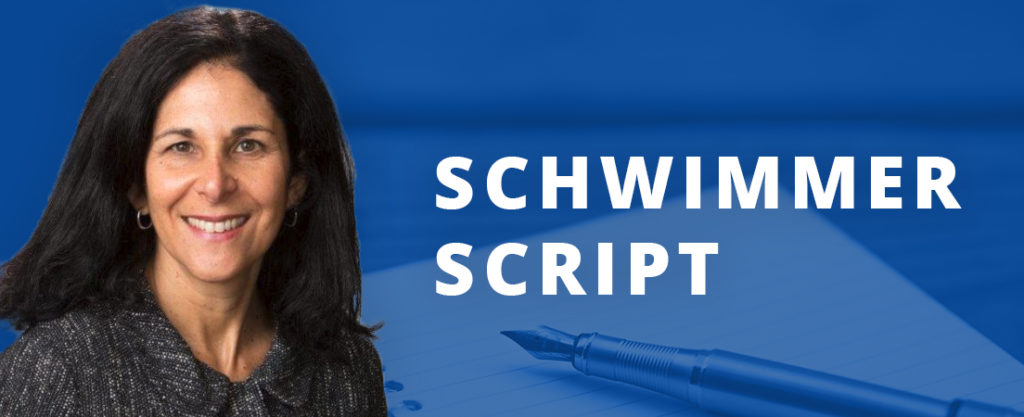For years, the Quality Institute has urged New Jersey to follow the lead of California’s Public Employees Retirement System (CalPERS) and other large employers using Reference Based Pricing to shift care to lower cost providers and settings. One part of these designs is identifying common procedures and screenings that can be done safely in lower cost settings such as Ambulatory Surgery Centers (ASCs). Examples are certain orthopedic procedures, cataract surgery, colonoscopies, as well as many tests and scans.
Then, employers cover the enrollees’ costs to undergo care in lower cost settings, unless a physician provides a medical reason for why the procedure should be performed in a hospital. Study after study has found that this type of design change has saved significant money and drives enrollees to lower cost sites of care.
A recent study, looking at commercial claims data from 2017 to 2022, found that prices and growth of prices for medical services commonly provided in outpatient settings were significantly higher when delivered in Hospital Outpatient Departments. By using a “site neutral” payment approach, such as what CMS does, the employers could also save significantly.
To widely pursue these strategies, however, we should demand more transparency on the quality and safety of outpatient facilities. In general, ASCs have been shown to be as safe as hospitals for select patients and procedures, but patients need information on the safety record of individual ASCs. Reducing cost is essential — but not at the expense of safety.
In New Jersey, where the Quality Institute is the regional leader for the Leapfrog Group, every hospital voluntarily completes Leapfrog’s Hospital Survey. Consumers have access to Leapfrog’s easy-to-understand survey results and safety grades that can direct them toward the safest hospitals. They also have information for all the Hospital Outpatient Departments. This transparency drives quality and reduces errors, saving lives and preventing injuries.
ASCs can now participate in the Leapfrog Survey. Unfortunately, to date for 2023 only seven ASCs in New Jersey have completed the voluntary survey. We urge ASCs to explore how participating in the survey can benefit them and their patients. Indeed, in a Take Five interview, Andrew Weiss, Virtua Health System/Summit Surgical Center, told us that his facility uses the survey to focus on concerns and improve overall. Moreover, he added, “public transparency helps health care purchasers and patients make comparisons of quality and patient safety, both with other ASCs and with hospitals. We like to tell the story of our good results.”
ASCs have until November 30 to report.
As payers and employers look to save critical health care dollars, let’s make transparency on safety part of the calculation.

